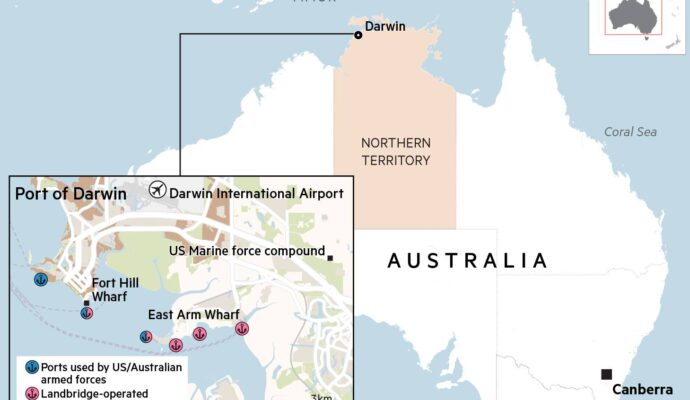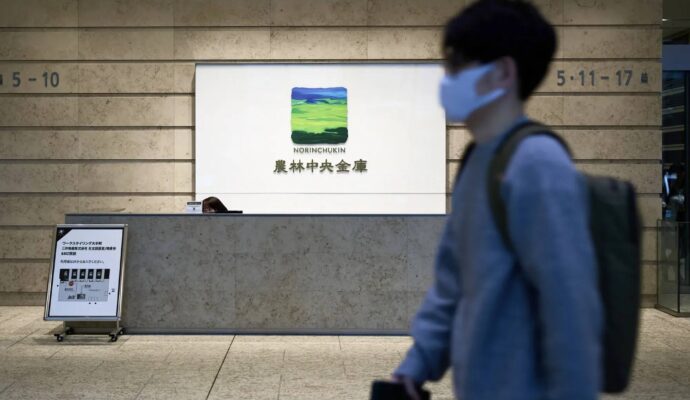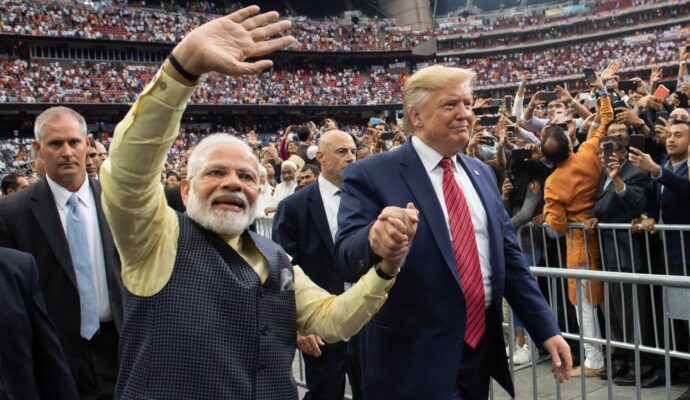
Unlock the Editor’s Digest for free
Roula Khalaf, Editor of the FT, selects her favourite stories in this weekly newsletter.
In a corner of Japan’s $400bn (¥60tn) construction industry, a 132-year-old Osaka-based company merged with a rival this month.
The $18mn (¥2.8bn) deal led by Imada Construction is small but emblematic of an increasingly acute crisis in the sector: it is erasing one player in a fragmented industry of about 470,000 companies struggling with either a leadership succession crisis or severe labour shortages. With Japan revising labour rules from next year to limit overtime for truck drivers, the race for construction workers is expected to intensify.
The transaction is also a sign of the changing dynamics of mergers and acquisitions in Japan where domestic deals are now easier as activists, private equity funds and even the government are openly pushing for companies to combine forces.
According to advisory firm Strike, the value of M&A deals in the construction sector reached a record high of ¥186.8bn ($1.2bn) last year. At the consultancy Nihon M&A Center, the industry accounts for about 30 per cent of transactions, prompting it to publish a book this summer that specialises in dealmaking in construction.
“The size of the construction companies that are willing to be sold are getting bigger and that’s accelerating the consolidation trend,” said Takaaki Shimizu, the head of construction specialists at Nihon M&A Center, who co-authored the book.
The psychological and cultural barriers to an integration between Japanese rivals has long been considered even higher than buying a foreign firm overseas. Cost synergies in domestic deals are harder because job cuts are not easy to carry out. It took more than two decades for Mizuho Financial Group to integrate its IT systems after a three-way merger in the midst of Japan’s banking crisis in 2000.
While domestic deals are often challenging, cash-rich Japanese companies have frequently been on top of bankers’ list of potential bidders for foreign assets, and chief executives actively have explored options to expand abroad to offset a shrinking home market.
The appetite for cross-border acquisitions remains strong and there will probably be future megadeals led by Japanese buyers. But bankers say the proportion of outbound and domestic deals is now more balanced, with the latter accounting for about half of the volumes compared to five years ago, when outbound acquisitions weighed as much as 70 per cent of the total.
A big driver is a shrinking workforce: more companies are doing “acqui-hires” to address labour shortages that CEOs warn cannot be addressed quickly enough with automation.
According to Hisao Tanaka, chief executive of Japan Material, which provides maintenance services for Taiwan Semiconductor Manufacturing Company’s first plant in Japan, buying unprofitable business divisions of industry players is an obvious strategy to gain hundreds of workers.
Without “acqui-hires”, Tanaka admits that it would be nearly impossible to secure enough employees before TSMC’s chip fab starts production next year.
But the consolidation story in Japan would become even more convincing if, for example, any of the eight major carmakers decided to merge with a rival or if the country’s biggest conglomerates decided to integrate their defence or nuclear businesses.
The possibility of such deals materialising is still low. Also the “acqui-hires” strategy is only sustainable if buyers are able to retain talents, with higher wages and better working conditions.
Still, the removal of entrenched taboos against domestic consolidation is a sign of the paradigm shift that is already starting as CEOs grapple with ageing workers.


